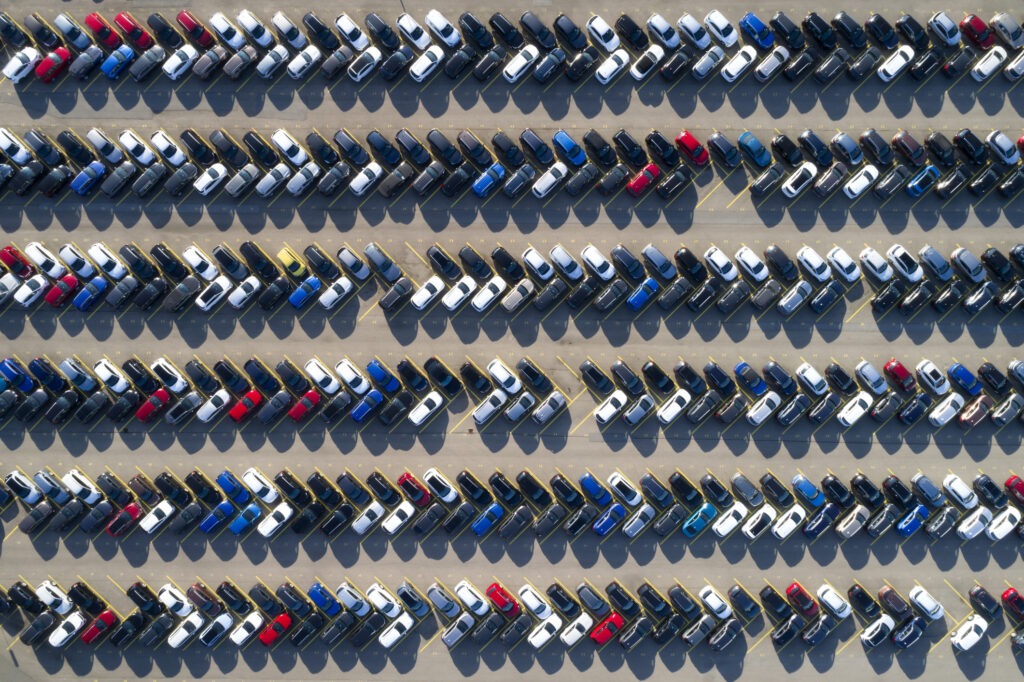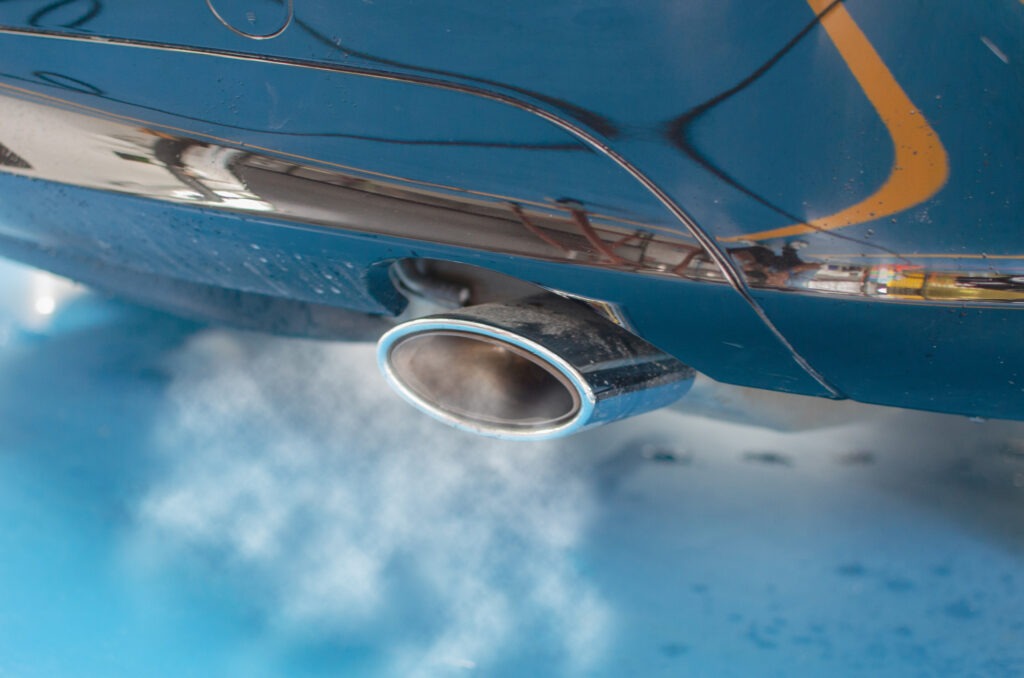How did Europe’s big five new-car markets manage in 2023?
12 January 2024

All five of Europe’s big five new-car markets ended 2023 by posting registrations growth across the year. However, each country has a story to tell, especially when it comes to battery-electric vehicles (BEVs).
In this new episode of the Autovista24 podcast, editor Tom Geggus, and special content editor Phil Curry, examine the trends that played out in France, Spain, Italy, Germany and the UK. The pair also consider what last year’s events mean for 2024.
Subscribe to the Autovista24 podcast and listen to previous episodes on Apple, Spotify, Google Podcasts and Amazon Music.
Show notes
BEV growth key for two of Europe’s biggest new-car markets in 2024
German new-car registrations plunged in December as EV bonus withdrawn early
Are battery-electric vehicles really in crisis in the UK?
French new-car market
There were no issues with registration numbers in France. The country saw a 12th consecutive month of growth in December with 181,011 units delivered. This meant its automotive market ended the year up 16.1%.
BEVs also saw their best month in terms of market share, holding 21%, with plug-in hybrids (PHEVs) taking 9%. Across the year, electric vehicles (EVs) took a record market share. However, the situation will become more challenging this year. Changes to the ecological bonus, rule several popular vehicles out of contention for financial aid when it comes to the point of purchase.
Spain and Italy registrations
Spain ended 2023 with a rise of 10.6%, and 81,772 units delivered. A yearly increase of 16.7% is impressive for the country. However, the figure of 949,359 units was met with disappointment by industry association ANFAC, which had hoped to exceed one million vehicle registrations.
While December’s figures were driven by hybrids and EVs, shares of the latter caused concern. PHEVs ended the year as the most popular plug-in technology, while BEVs ended the year with a 5.4% share.
As the European average for EVs is around 20%, Spain’s 12% market share is a figure the country needs to work on, especially if it is to tackle its ageing and polluting car parc.
Italy performed best of the big five markets in terms of registration increase across the year, with a rise of 18.9%. Its deliveries in December improved by 5.9%, with 111,111 units, adding to the final 12-month total of 1.565 million.
While diesel dropped in the month, the powertrain bucked the declining 2023 trend seen across Europe, with a 6% rise. BEVs improved in 2023 by 34.8%, however, their market share of 4.2% highlights the efforts needed to inspire the Italian population to consider the technology. The European average for BEVs alone is 15% share, and Italy was some way off, following a year of mixed results.
BEVs hit the breaks
Germany’s rollercoaster ride of a year continued. December saw the steepest monthly drop in 2023, with registrations down 23% year on year. Germany still ended 2023 with registrations up 7.3% across the year.
Grants for private BEV sales were withdrawn midway through December, which is set to cause further disruption for the powertrain this year.
The financial aid for private BEV sales was expected to end on 31 December, however, the country’s government suddenly announced that no grants would be offered after 17 December. The ZDK believes as many as 60,000 sales were affected by the abrupt halt.
When subsidies for BEV business sales ended in September 2023, the country’s EV market was hit, with the technology struggling in the following months after a pull-forward effect.
In the UK, registrations increased 9.8% in December. This was the second consecutive month of single-digit increases, with the percentage improvements decreasing since a peak in July. The 17-month trend of positive results, however, allowed the market to close the year up by 17.9%.
The UK is another market with a complex BEV situation. In the previous two December months, the technology recorded record market shares, with a peak of 32.9% in December 2022. This suggests that carmakers rushed deliveries towards the end of the year, possibly to meet emissions targets. However, December’s BEV registrations were down 34.2% year on year.
The ZEV mandate requires carmakers to meet a zero-emission vehicle share of 22% across all their registrations in 2024. It is likely many brands held back deliveries until January when they will count towards this target. Therefore, while the headline figure is cause for concern, it remains to be seen whether the UK BEV market is in crisis.



